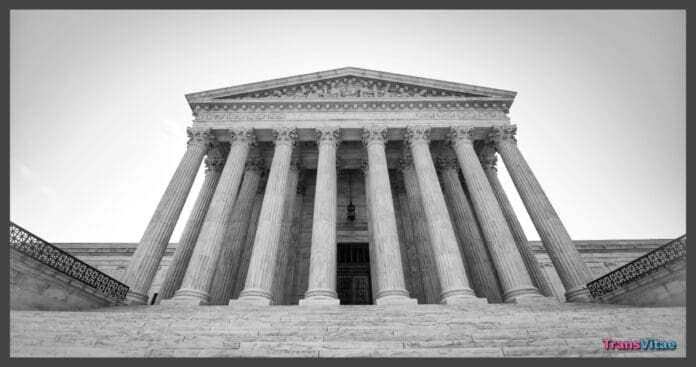This Content Is Only For Paid Subscribers
In a major decision handed down Friday, the U.S. Supreme Court upheld Texas’s House Bill 1181, which requires adult websites to verify users’ ages before granting access to sexually explicit content. The Court ruled 6–3 in favor of the law, finding that the regulation serves a compelling interest in protecting minors and does not violate adults’ constitutional rights.
Writing for the majority, Justice Clarence Thomas compared online age verification to real-world ID checks, calling them “equivalent in function.” He was joined by Justices Roberts, Alito, Gorsuch, Kavanaugh, and Barrett.
In dissent, Justices Kagan, Sotomayor, and Jackson warned that the ruling creates significant risks for online privacy and adult free speech. Justice Kagan criticized the majority for downplaying the law’s impact on First Amendment protections, calling it a “reckless shift in how we treat digital rights.”
Consequences Beyond Texas
The ruling affirms a growing trend. States like Louisiana, Utah, and Arkansas have already implemented similar laws, and several more are considering copycat legislation. Major adult platforms have taken notice. Pornhub, for example, has already blocked users in multiple states over privacy concerns related to these age verification systems.
This case follows years of litigation and lobbying. For context, TransVitae previously reported on Pornhub’s decision to suspend access in France after that country’s court demanded similar verification measures. At the time, the company argued that forced ID submission endangers user safety and disproportionately harms sex workers and independent creators.
A Chilling Effect on Free Expression?
Opponents of the law say this is more than just a regulatory inconvenience. The Free Speech Coalition (FSC), which filed the lawsuit against Texas Attorney General Ken Paxton, called the decision “a disaster for online expression.” Executive Director Alison Boden noted that adult platforms are often the first to be targeted when governments seek to limit speech.
“This law chills lawful content and puts adult users at risk,” Boden said. “It also creates enormous hurdles for adult performers who rely on open platforms to connect with their audiences.”
Critics also warn that these measures could lead to dangerous data practices. Requiring government-issued IDs introduces potential cybersecurity risks, especially if data is stored, misused, or breached. Although the Court emphasized that websites should not retain user data, many in the industry remain skeptical that verification vendors can operate without leaving digital footprints.
Adult Creators Already Feeling the Pressure
For adult performers and content creators, the ruling represents a growing threat to visibility and income. Platforms that rely on ad revenue and traffic may be forced to geo-block entire states. Creators who depend on those platforms for their livelihood could lose access to their audiences overnight.
Some performers are already pivoting toward direct-to-subscriber apps or paywalled services, but these options are often more expensive and less discoverable. The burden is falling hardest on independent workers, especially those from marginalized communities who have fewer resources and face more platform bias.
What Comes Next
With Texas’s law now blessed by the highest court, more states are expected to follow suit. Lawmakers in at least 15 states have introduced similar bills, and federal legislators may soon be pressured to act.
This decision also adds momentum to broader age-verification proposals that could affect other areas of the internet, including social media, video games, and streaming services.
Advocates for free expression and digital privacy are urging Congress to explore alternatives. Some suggest device-based controls, parental filtering tools, or anonymous verification systems that protect user privacy while restricting access for minors.
The Bottom Line
For readers of TransVitae After Dark, this is not just a legal story. It is a warning sign. Adult content, including queer and trans erotica, has always been vulnerable to censorship. What begins as age regulation can quickly become a broader attempt to limit what kinds of stories and identities are allowed online.
The adult entertainment industry, already shaped by stigma and surveillance, now faces even tighter constraints. This decision will require serious adaptation from platforms, performers, and users alike.
As the legal landscape evolves, TransVitae will continue reporting on the intersection of adult rights, digital privacy, and LGBTQ+ expression. Because what happens in the name of “protection” often ends up silencing the people who need visibility most.


